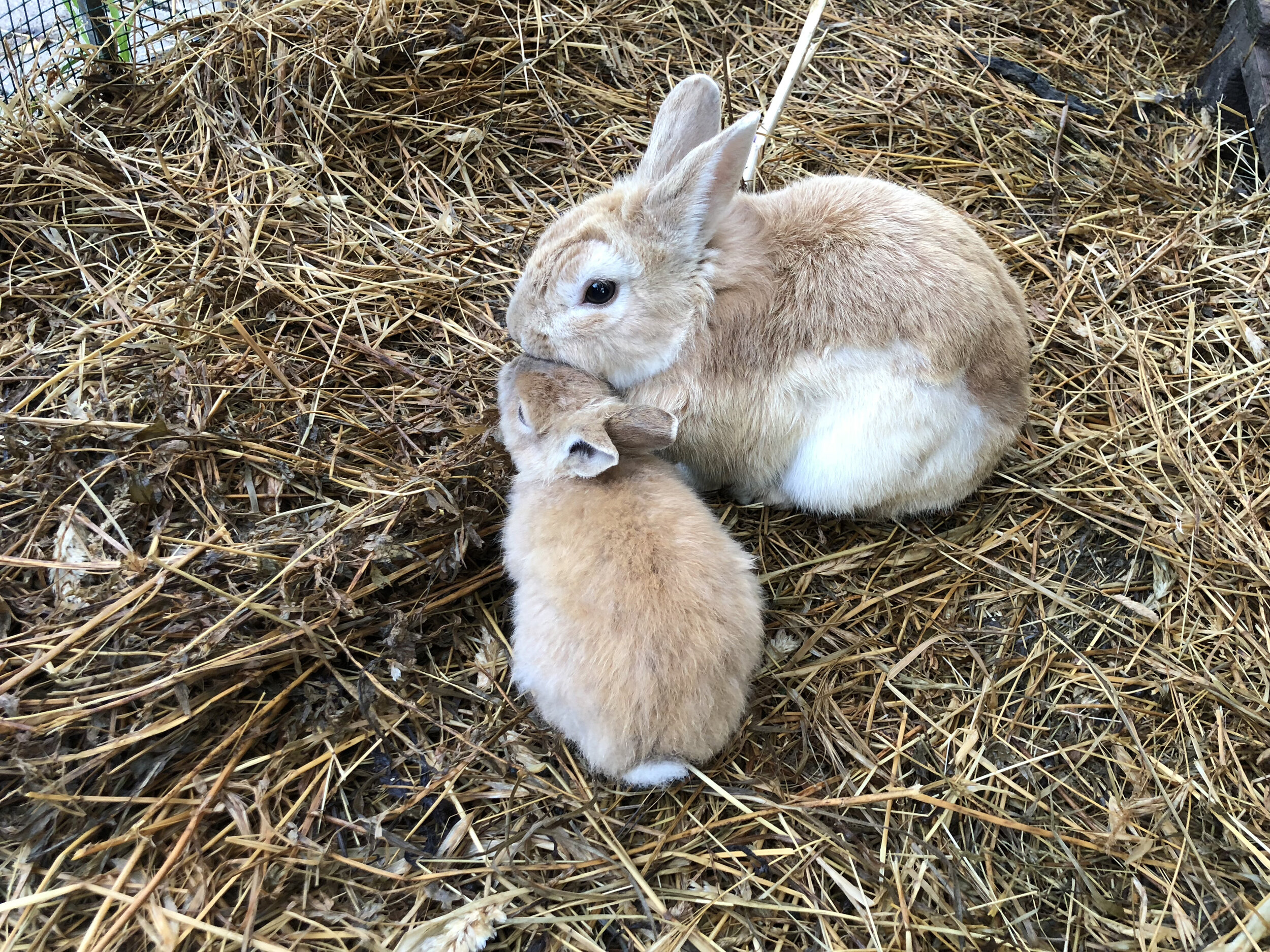Rabbits and guinea pigs are becoming increasingly popular as pets. These loving and cuddly critters require the right environment, a complete and balanced diet and plenty of love and attention to ensure they are happy and healthy and this includes looking after their dental health!
There are a number of ways you can take control of your pockets pets oral health.
Offer a complete and balanced diet
Rabbits and guinea pigs are grazing animals so they need plenty of roughage to chew on. Did you know that their teeth are constantly growing? Regular eating is therefore important as it helps to keep their teeth trim and healthy. They must have access to fresh food and water at all times. Your pocket pet will need:
Constant source of fresh hay or grass for food and bedding. Fresh hay should make up the bulk of your rabbit or guinea pigs diet as it provides the essential fibre needed for good digestive health, whilst also helping to wear your pet’s teeth down.
Daily supply of fresh vegetables & herbs. Great examples include leafy green lettuce, bok choy, mint, parsley and coriander. Other vegetables that are great to feed a couple of times a week include broccoli, brussel sprouts, celery, carrots and cabbage. If you are growing your own vegetables, make sure they are free from pesticides as these can be harmful to your pet.
Rabbit and guinea pig pellets can be fed sparingly, however should only be given as supplement to their diet, not be the main part.
Fruit can be given as a treat, but only in small amounts due to the sugar content. This could include strawberries, raspberries, bananas, oranges and apple (no seeds).
There are many foods that can be harmful to their health and cause digestive problems. DO NOT feed your rabbit or guinea pig grains, cereals, nuts, lawn clippings, garden shrubs, daffodils, rhubarb leaves or human food such as chocolate, bread, biscuits or pasta.
Your pocket pet will need plenty of fresh, clean water. You can use a bowl, bottle or water dispenser. The water will need to be cleaned and changed daily.
Provide safe items to chew on
Providing things for them to chew on can help to wear their teeth down and keep them entertained at the same time. This can include:
Untreated wooden branches (remove any smaller protruding branches that may poke into their eyes). Avoid cedar or pine wood as they emit strong odours that are dangerous for your pet.
Cardboard boxes and tubes can also help make their cage interesting with areas to explore and tunnels to hide in or crawl through. Remove any adhesives before giving to your pet.
Chew sticks and toys from local pet shops. The aim of these chew toys is to rub against your pets teeth for grinding down and getting rid of debris. These toys come in a range of shapes and colours. Some are even made to look like fruit and vegetables to make it interesting for your pocket pet.
Check their teeth
Dental disease in pocket pets can be more subtle than in cats and dogs, so it can go unnoticed for long periods of time. A monthly examination of your pocket pets mouth can help identify any issues. If you notice any of these signs or have any concerns about your pets health, get in touch with us:
Bad breath
Red, swollen or bleeding gums
Protruding front teeth
Difficulty eating or reduce appetite
Weight loss
Drooling
Problems grooming
Pawing or rubbing mouth
Facial swelling
Health checks
Just like dogs and cats, pocket pets need health checks too! All pets require a minimum of one health check per year. Regular health checks are a great way to keep your pet in top shape. Our vets will not only check your pets general health but will also discuss a preventative healthcare routine. They also help your veterinarian to identify and treat any health concerns before they become serious.
Always be on the lookout for slight changes in appetite or habits as rabbits and guinea pigs are good at hiding illness. It is also important that all pocket pets are treated at the same time, as some illnesses will spread to other cage members. If you have any concerns about your rabbit or guinea pigs health contact your local vet.
Regular attention to your rabbit or guinea pig’s diet and teeth is the best way to prevent dental disease. If you are concerned your pet may have dental disease, contact us to make an appointment on 03 8784 4444.






